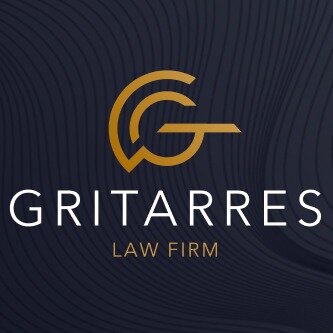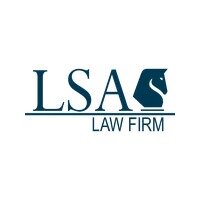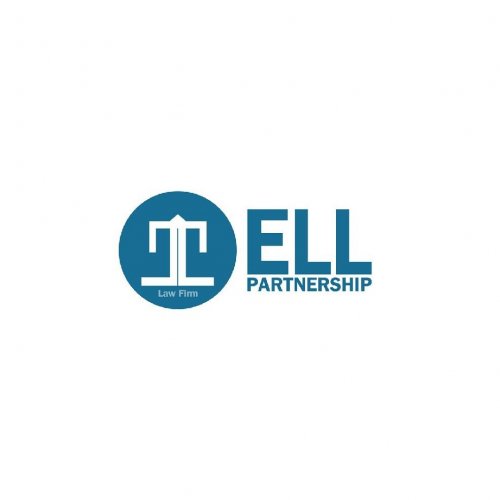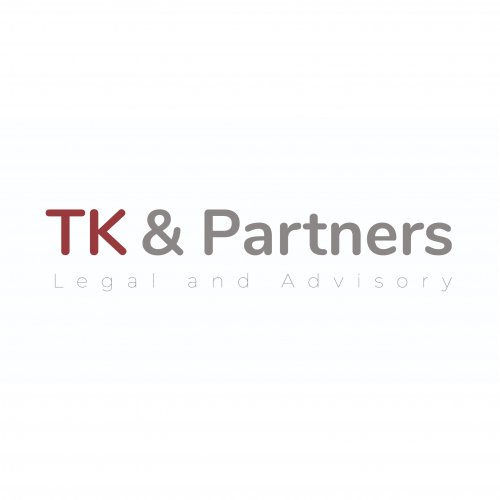Best Cyber Law, Data Privacy and Data Protection Lawyers in Yerevan
Share your needs with us, get contacted by law firms.
Free. Takes 2 min.
List of the best lawyers in Yerevan, Armenia
About Cyber Law, Data Privacy and Data Protection Law in Yerevan, Armenia:
In Yerevan, Armenia, Cyber Law, Data Privacy, and Data Protection are integral facets of the legal framework designed to safeguard the rights of individuals and entities in the digital space. The laws encompass everything from data protection and privacy, cybersecurity, cybercrime to e-commerce. Armenia has been taking significant strides forward in updating and refining its legislation to align with international standards, and the harmonization process with EU's General Data Protection Regulation (GDPR) is underway.
Why You May Need a Lawyer:
As technology evolves, so do the legal challenges associated with it. Situations where individuals or organizations might need legal help include data breaches, issues related to intellectual property rights in the digital environment, e-commerce disputes, cybercrimes and legal concerns related to privacy rights. A lawyer specializing in Cyber Law and Data Protection can guide you on relevant laws, legal rights, the potential for damages or liability and help create strategies for compliance or redress.
Local Laws Overview:
The main regulations for Data Privacy and Protection in Armenia are the Law on Personal Data and the Law on Electronic Communication. These laws protect individuals' rights regarding the processing of their personal data, laying down the principles for collecting, storing, using and transferring personal data. They also emphasize the individual's right to non-disclosure of personal data without their consent. Armenia is party to Budapest Convention on Cybercrime and applies cybersecurity measures to prevent and combat cybercrime effectively.
Frequently Asked Questions:
What is considered personal data under Armenian Law?
Personal data refers to any information that can identify a person, either directly or indirectly, such as name, identification number, location data, online identifiers and can extend to factors concerning the physical, economic, cultural or social identity of the person.
Who can process personal data?
Any legal entity, either public or private, requiring to process personal data for valid purposes as per the law, can do so after obtaining the required consent from the person involved or based on permissible legal grounds defined in Law on Personal Data.
What are the penalties for data breaches?
Breaches of data privacy can attract administrative and criminal penalties, including imprisonment and/or financial fines, depending on the severity and nature of the infringement.
Are there specific laws to protect against cybercrime?
Yes, Armenia is a party to the Budapest Convention on Cybercrime, which helps to combat cybercrime by coordinating national laws, improving investigative techniques, and boosting international cooperation.
What steps can an organization take to comply with data privacy laws in Armenia?
Organizations should consider adopting a robust data protection policy and conduct regular risk assessments. Ensuring that personal data is processed lawfully, transparently, and for a specific purpose is a key requirement. Seek the help of legal professionals experienced in data privacy law for a comprehensive understanding and compliance strategy.
Additional Resources:
The Ministry of High-Tech Industry of Armenia and the Personal Data Protection Agency of Armenia are key government bodies to consult for more information. The official websites of these institutions can provide useful resources and guidelines related to Cyber Law, Data Privacy and Data Protection.
Next Steps:
If you need legal assistance related to Cyber Law, Data Privacy, and Data Protection in Yerevan, Armenia, it is advisable to consult a legal professional specializing in these fields. They can help navigate the complexities of the relevant laws and formulate the best possible legal strategy for your situation. Remember to collect and document all relevant information pertaining to your case as this can provide crucial support in ensuring a successful outcome.
Lawzana helps you find the best lawyers and law firms in Yerevan through a curated and pre-screened list of qualified legal professionals. Our platform offers rankings and detailed profiles of attorneys and law firms, allowing you to compare based on practice areas, including Cyber Law, Data Privacy and Data Protection, experience, and client feedback.
Each profile includes a description of the firm's areas of practice, client reviews, team members and partners, year of establishment, spoken languages, office locations, contact information, social media presence, and any published articles or resources. Most firms on our platform speak English and are experienced in both local and international legal matters.
Get a quote from top-rated law firms in Yerevan, Armenia — quickly, securely, and without unnecessary hassle.
Disclaimer:
The information provided on this page is for general informational purposes only and does not constitute legal advice. While we strive to ensure the accuracy and relevance of the content, legal information may change over time, and interpretations of the law can vary. You should always consult with a qualified legal professional for advice specific to your situation.
We disclaim all liability for actions taken or not taken based on the content of this page. If you believe any information is incorrect or outdated, please contact us, and we will review and update it where appropriate.














